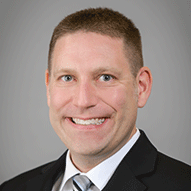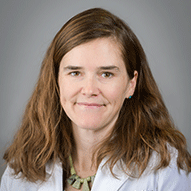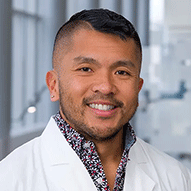Dallas
214-456-9099
Fax: 214-456-2230
Plano
469-497-2501
Fax: 469-497-2507
Pediatric yeast infection is a general term that describes when a naturally occurring fungus (such as Candida) grows in excess and causes irritation.
214-456-9099
Fax: 214-456-2230
469-497-2501
Fax: 469-497-2507
Everyone has a fungus called candida, which is typically found in the intestines, mouth, skin and the tissues around the genital areas. Candida flourishes in warm, dark areas, such as the vagina or armpit. When Candida grows out of control, it causes a yeast infection.
There are three main types of yeast infections:
In infants, candida can cause what is commonly called a “diaper rash,” which results in a red and itchy rash in the area covered by a diaper. This infection can also create a rash in the armpit, mouth and neck .
This is the most common type of yeast infection. Approximately 75 percent of all women will have at least one during her lifetime. Yeast infections are uncommon in normal prepubertal girls, so treatment is usually avoided in these girls unless they had recent antibiotic therapy, are immunosuppressed, or still wear diapers.
This type is rare and is transmitted during unprotected sex with a woman who has a vaginal yeast infection. Men who aren’t circumcised are at a greater risk to contract the disease.
*Age of toddlers as defined by the Centers for Disease Control (CDC).
Your child’s doctor will first ask questions about when the discharge and itching started, including any use of antibiotics or change in diaper habits before the onset of symptoms. The doctor will then perform a physical exam, which may include checking the genital area if this where there is concern for infection. Your provider may be able to diagnose Candida just from their exam, although they may also obtain a small sample of the discharge to make sure that there is in fact a yeast infection.
The candida fungus can grow due to:
Most uncomplicated Candida infections are easily treated by oral antifungals. While there are several over the counter options that can help treat Candida, your provider may choose to prescribe oral antifungals as these might be less expensive and more effective.





